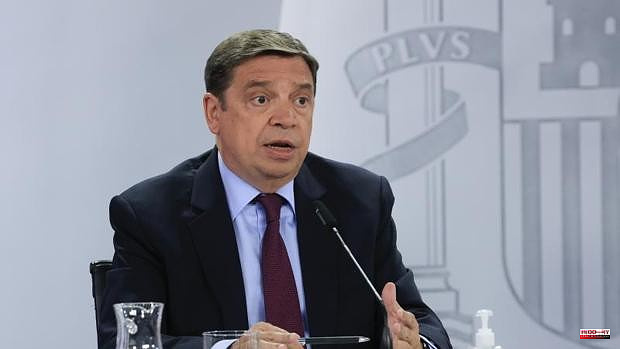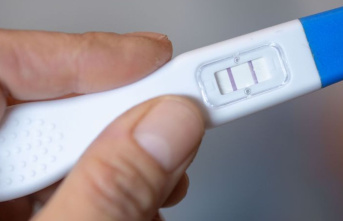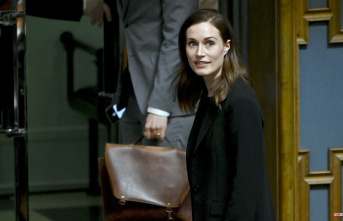The Council of Ministers has approved a royal decree that will allow dairy producers with fixed contracts of more than 6 months to request a revision of the prices, which they receive in the face of a continued increase in production costs. Specifically, the royal decree complies with a promise made by the President of the Government in the Senate and will allow farmers to request changes in the remuneration they receive for milk if it is shown that during, at least three months of the validity of the contract , there has been a sustained and continued increase in production costs. In addition, the new standard also lowers the production thresholds necessary to set up producer organizations for both beef and goat milk.
Added to all of the above is the aid of 169 million euros approved in the anti-crisis royal decree.
The Minister of Agriculture, Fisheries and Food Luis Planas has assured in the press conference after the Council of Ministers that it is "a novelty demanded by the sector" and has related it to the Law of the Food Chain. Specifically, he has specified that the approved royal decree law affects milk products and the industry, although the aforementioned Law affects the entire value chain, including distribution. A rule that he has ensured that "is being met at this time when there are increases in energy and costs in animal feed." In his opinion, thanks to this law, the costs derived from this situation are being "distributed more equitably"
On the other hand, the Executive has given the green light this Tuesday to the project Law of Sustainable Fishing and Fishing Research, with which it is intended to update the Law of Maritime Fishing that dates from 2001. Among the main novelties, the text that is sent to Congress of the Deputies, In addition to facilitating access to retirement for groups such as rederas, neskatillas, professional divers, packers and shellfish gatherers on foot. It does so through the introduction of a reduction coefficient of the minimum age to receive the retirement pension of 0.15. In addition, it contemplates the introduction of measures to strengthen the conservation and sustainable use of fishing resources; as well as updating the transmission mechanisms of fishing opportunities to favor the planning of shipowners and a more optimal use of the quotas and the days of fishing effort assigned to Spain by Brussels.
On the draft Law on Sustainable Fishing and Fisheries Research, it is the most important regulation for your department in this legislature in fisheries matters. Planas recalled that this is a European policy and that, together with the agri-food industry that surrounds the fishing activity, it employs more than 60,000 people and contributes more than 15,000 million euros to the Spanish economy. In this regard, he recalled that the rule revolves around "two main pillars such as sustainability and fishing research" and that it will regulate aspects such as management and total allowable catches. "It also improves the issue of marine reserves of fishing interest," he stressed.
On the other hand, the text that will now be sent to the Congress of Deputies also addresses matters relating to the investigation. Planas has considered that "it is not a complementary job but necessary for all fishing activity" and recalled that the Ministry of Agriculture manages three vessels dedicated to this work. Along these lines, the minister has assured that the so-called fishery 'genetic resources' will also be regulated. Similarly, he has also referred to greater flexibility and optimization in the use of fishing quotas "so that it can be used by vessels of the same modality and fishing ground, avoiding speculation." As the minister has recalled, it is "a public good and we intend that it will have the best consideration and attribution within the sector." In this regard, he has assured that speculation by people who do not have a real fishing activity will not be allowed.
On the other hand, the Executive has also given the green light to the territorial distribution of various aid lines for farmers and ranchers for an amount of 48 million euros. Among them, the so-called Program of Specific Options due to remoteness and insularity (Posei) of aid for agricultural production in the Canary Islands of 18 million euros. In addition to 9.31 million for the eradication of animal diseases; some 4.6 million ueors to finance the National Aid Program for Beekeeping (PNA), as well as 1.7 million to promote the quality of plant varieties and certification of reproductive materials, among other disbursements.
2












